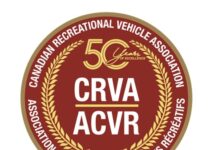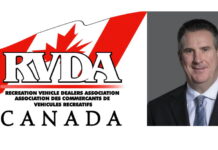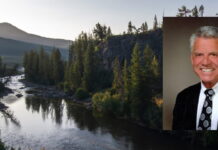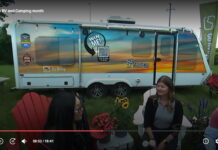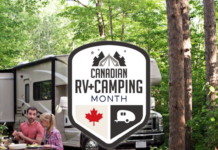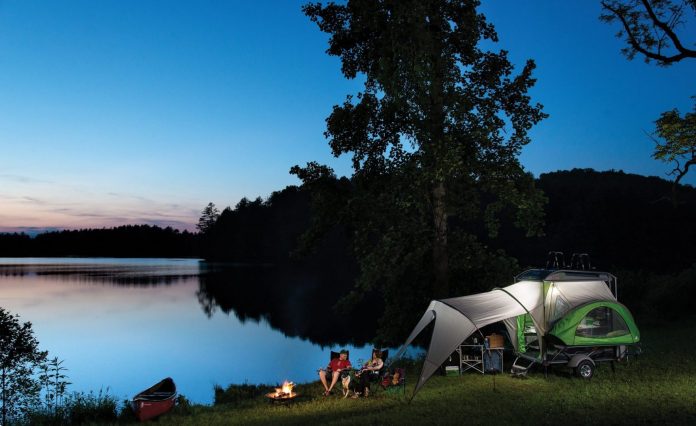By Marney Carmichael
COVID-19 has changed travel plans across Canada. This summer, and for the rest of the year, campers and RVers will be faced with new restrictions and rules and even campground closures. How and where Canadians camp has been affected – we will have to adapt to this new outdoor lifestyle.
 Of camping this summer Shane Devenish, Executive Director of the Canadian Recreational Vehicle Association (CRVA) says, “Restrictions are loosening up, but it’s a lot better now than we thought it would be. Campers will have to adhere to guidelines.”
Of camping this summer Shane Devenish, Executive Director of the Canadian Recreational Vehicle Association (CRVA) says, “Restrictions are loosening up, but it’s a lot better now than we thought it would be. Campers will have to adhere to guidelines.”
RV Lifestyle Magazine has compiled a list of national, provincial and private campground associations to connect to for the latest COVID-19 camping updates. As restrictions and re-openings are changing every few weeks it is recommended to visit the provincial park websites to determine if out-of-province travel is permitted.
NATIONAL PARKS
Parks Canada’s webpage Camping During Covid-19 is divided by regions and users can click onto each province to link to specific park and heritage site information. Canadians who want to book a campsite should check regularly for updates. The website states: “Be prepared to be self-sufficient, pack extra hygiene supplies such as hand sanitizer, wipes and a tablecloth, and bring water and food,” adding that “visitors will have access to some trails, day use areas, green spaces, and some recreational boating.” Camping will begin with existing reservations; new reservations for “some campgrounds” will be allowed over the course of the camping season.
PROVINCIAL PARKS
Yukon
Territorial parks and campgrounds are currently open to Yukon residents and some Yukon-BC border residents. “Camping is different during COVID-19. You need to be more self-contained,” states the website.
Northwest Territories
To prevent the spread of COVID-19 those who do not have an exemption under the public health order, or have not been granted one for exceptional circumstances, are not allowed to travel within the Northwest Territories. The NWT’s park advisories are listed here.
Nunavut
Nunavut’s COVID-19 recommendations are listed here. It currently states that while territorial parks are open for outdoor activities all park buildings will remain closed.
British Columbia
BC Park’s reservations system is now open. Due to COVID-19, the 2020 season booking window has been reduced to two months. Arrival dates up to August 30 are now being accepted.
Alberta
Alberta Parks states: “We encourage anyone visiting our provincial parks, protected areas and public land for recreation purposes to make sure you’re always following public health guidelines.” Campers should visit Reserve.AlbertaParks.ca for sites added to the system. While all provincial campgrounds are open (including vault toilets) flush toilets may be unavailable and shower facilities remain closed.
Saskatchewan
Saskatchewan Parks’ website states that it “continues to monitor the COVID-19 situation closely and will follow the advice of health officials and adjust our practices as needed”. Its latest park announcements are listed here.
Manitoba
Currently out-of-province visitors from Western Canada and Northwestern Ontario are welcome in Manitoba’s provincial parks without self-isolating. COVID-19 information for park visitors is listed here.
Ontario
Ontario Parks plans to slowly open roofed accommodations, park store and rental operations, visitor centers, playgrounds and sportsfields “when able to do so”. Facilities such as showers, laundry, group camping, picnic shelter rentals and swimming pools will remain closed for the season. There is a webpage specifically for the latest updates on Ontario Parks and COVID-19.
Quebec
Sépaq, the Société des Établissements de Plein Air du Québec, is gradually restoring access to its territories, accommodations and activities in line with public health recommendations. The website states that it has implemented “exceptional measures” to help visitors “get back to nature in complete safety” and that “the collaboration and sense of responsibility of visitors will be paramount”.
New Brunswick
New Brunswick and its provincial parks are currently open to Atlantic neighbours. Public health alerts are listed here.
Nova Scotia
Nova Scotia and its provincial parks are currently open to Atlantic neighbours. Park advisories are listed here.
PEI
Prince Edward Island is currently open to its Atlantic neighbours. PEI’s network of provincial parks has eight camping parks and 13 day use parks.
In May, Minister of Economic Growth, Tourism and Culture, Matthew MacKay announced that the provincial government would take the time during COVID-19 to “do some major infrastructure projects that’s needed at our parks and campgrounds”.
Newfoundland and Labrador
“Newfoundlanders and Labradorians get to rediscover home this year, and we welcome our Maritime neighbours,” states the province’s parks’ website, adding “future travellers from elsewhere, please keep dreaming and check back for travel updates”.
CAMPGROUND ASSOCIATIONS
*The listed associations are registered members of the Canadian Camping and RV Council (CCRVC)
All private campgrounds in Canada will need to abide by provincial COVID-19 rules and regulations.
Says Ray Laferriere of Sutton Bay Park on the shores of Lake Temiskaming near New Liskeard, “Things are ok, residents and campers are doing what they have to concerning COVID. We had to cancel Countryfest, our annual music event that draws people from all over, many who stay well over two weeks in the area. Nevertheless, we haven’t had any cases since mid-May, so we are very fortunate.”
British Columbia – The BC Lodging and Campgrounds Association states that overnight recreational camping and vacation travel for British Columbia has resumed. For up-to-date travel advisories visit Destination BC.
Alberta – The Parks and Campground Owners’ Association of Alberta is the province’s RV and campground association. Click here to find a campground.
Manitoba – Manitoba’s Association of Private Campgrounds and Parks is the association of the province’s family operated campgrounds.
Ontario – The Ontario Private Campground Association represents over 440 private campgrounds. Concerning COVID-19 the Association states: “Campers must adhere to social gathering size restrictions and maintain two-metre physical distancing with people outside their household and when outside of their campsites.”
Quebec – Camping Quebec lists 750 campground operator members from the private and public sectors and represents 90% of the province’s campsites.
New Brunswick – New Brunswick Campground Owners Association members are “dedicated to provide the camping public with a variety of facilities and amenities to be enjoyed by all camping enthusiasts in a safe and comfortable manner”.
The Association of Atlantic RV Parks and Campgrounds – The Association announced at the end of June a campaign called “Camp the Atlantic” to entice locals to explore and go camping in New Brunswick, Nova Scotia, Prince Edward Island and Newfoundland and Labrador. Travellers within this “Atlantic Bubble” are not required to self-isolate after crossing the other borders, meaning Maritimers can travel freely throughout the region for the first time since the pandemic began.
OTHER
Time to Travel was created by the Canadian Travel and Tourism Roundtable with the goal of promoting safe travel and “to help save the summer travel season”. The website has an interactive map which allows users the enter their province of residence and see where they are currently allowed to visit in Canada.
For further information on COVID-19 travel restrictions within Canada visit or contact provincial tourism websites or the official Canadian government website for domestic travel.




